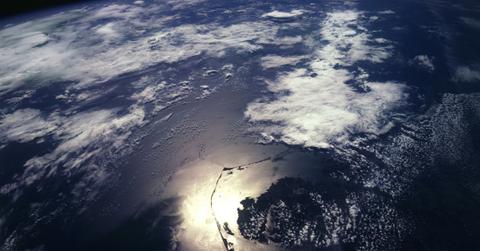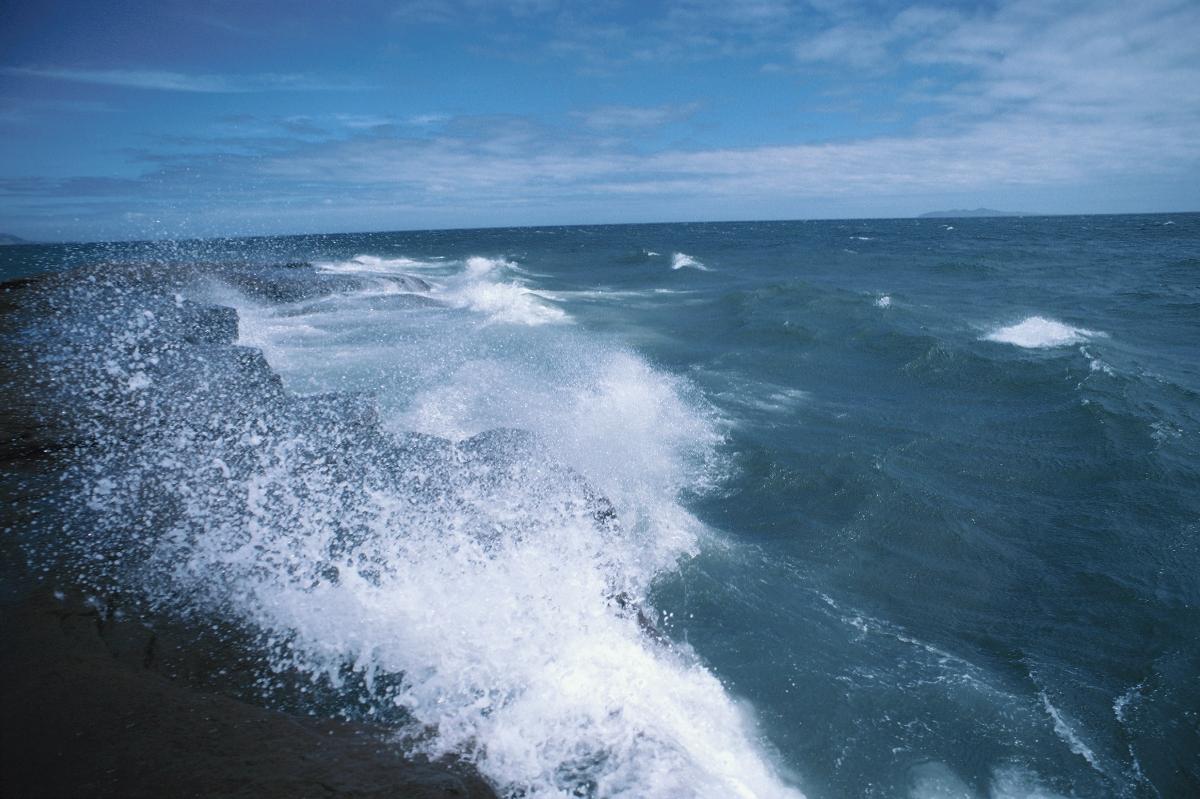A Gulf Stream Collapse Would Have Devastating Climate Effects — and It Could Happen As Soon As 2025
Published July 26 2023, 12:00 p.m. ET

The health of our oceans and waterways is vital to the health of our planet, and a scientific report published in July 2023 predicts that the Gulf Stream could collapse as early as the year 2025.
Yes, the potential Gulf Stream collapse is connected to climate change — and it would also cause numerous devastating effects around the world.
Scientists know that ocean currents drive climate patterns, so here's what would happen if the Gulf Stream collapses again on that timeline.

A study shows the Gulf Stream could collapse in 2025.
On July 25, 2023, researchers from the University of Copenhagen published a study in the journal Nature Communications, estimating that the Gulf Stream could collapse sometime between 2025 and 2095.
This is a wide range based on sea surface temperature data from 1870 to 2020, as well as how fast greenhouse gas emissions have risen to date. Scientists don't fully agree on when the Gulf Stream might collapse, but scientists generally agree that it's a concern, as noted by The Guardian.
The study's predictions on the Gulf Stream collapse date assume carbon emissions continue at a steady pace. The estimated tipping point will adjust if the world reduces emissions, making it all the more crucial to improve and enforce climate policies. The Intergovernmental Panel on Climate Change (IPCC) has said the collapse likely won't happen in the 21st century, as The Guardian pointed out, so the July 2023 model moves that date up significantly.
The currents are known as the Atlantic Meridional Overturning Circulation, or AMOC. In 2021, the Columbia Climate School explained that AMOC was at its weakest state in 1,000 years and that with continued global warming, it could weaken by 35 to 45 percent by the year 2100. More importantly, the AMOC is considered one of several key climate "tipping points" in which small changes lead to major, irreversible effects.
What happens if the Gulf Stream collapses?
As The Guardian noted, some of the consequences of a Gulf Stream collapse would be:
- disruption of rains in India, South America, and West Africa (impacting crops)
- lower temperatures in Europe
- increase in storms in Europe
- raised sea levels on eastern coast of North America
- danger to both Amazon rainforest and Antarctic ice sheets
Professor Peter Ditlevsen, who led the 2023 research, said of a collapse, "I think we should be very worried," as per The Guardian.
Ditlevsen told CNN of his confidence in the study's accuracy. “This is not something you would lightly put into papers.” He noted the most likely point of collapse would be between 2039 and 2070, and said, “We’re very confident that this is a robust result.”
CNN also spoke to Peter de Menocal, the president of the Woods Hole Oceanographic Institution, who said if the Gulf Stream collapsed it “would affect every person on the planet – it’s that big and important.”
Although there's plenty of evidence that a collapse would have terrible consequences, several scientists interviewed by The Guardian said the study was limited and a date could not be known for sure. For example, Professor Stefan Rahmstorf, at the University of Potsdam, Germany, noted, "There is still large uncertainty where the AMOC tipping point is, but the new study adds to the evidence that it is much closer than we thought."
How does the Gulf Stream work?
As Columbia Climate School explains, warm water travels up the coast through the Gulf Stream and warms the U.S. east coast and Western Europe. Eventually it releases heat and goes to the North Atlantic, becoming cold and dense. Melting glaciers and ice sheets have added fresh water to the North Atlantic, which interferes with circulation.